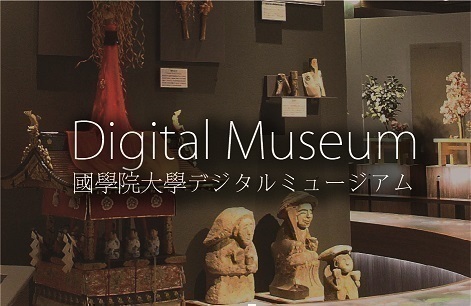- トップ
- Encyclopedia of Shinto
- Kanbe
Encyclopedia of Shinto
| Main Menu: | |
| Links: |
詳細表示 (Complete Article)
| カテゴリー1: | 3. Institutions and Administrative Practices |
|---|---|
| カテゴリー2: | Shrine Economics |
| Title | Kanbe |
| Text | An allotment of households made to shrines under the Ritsuryō system, a system of legal and administrative codes of the early Japanese state during the seventh and eighth centuries. These households were responsible for paying all taxes to the shrine (so [tax on agricultural products], chō [land tax], yō [corvée labor]) and also for cleaning and maintaining the shrines, as well as miscellaneous forms of labor necessary at shrines. Recruits for the hafuri and other classes of priests were chosen from among the kanbe. Kanbe was one type of allotment of households, similar to those given to members of the imperial court or high-ranking officials. Kanbe were bestowed upon powerful shrines that had served the court and this category of allotment was also called jinfuko, though some theories also distinguish between kanbe and jinfuko. According to the Shinshō kyaku choku fushō, in 806 there existed approximately six thousand kanbe households. The largest bequest was an allotment of one-thousand six-hundred sixty households to the Usa Hachiman Shrine. The next largest bequest was the allotment of one-thousand one-hundred thirty households to the Grand Shrines of Ise (Ise Jingū). By contrast, there were many shrines with only one or two kanbe households. Only a few shrines listed in the Jinmyōchō (a list of kami to whom offerings were made during rites praying for abundant harvests) of the Engishiki (The Codes of Engi) had kanbe. It is difficult to distinguish kanbe from those groups of people who customarily served in the rites of a particular shrine. It is therefore important to understand that not all shrines had kanbe. Kanbe were exclusively given by the court and should be distinguished from customary groups serving in ritual that had developed in the course of a shrine's history. After the decline of the Ritsuryō system, shrines continued to administer their kanbe autonomously, and these gradually grew into the shōen estates. — Ōzeki Kunio |




